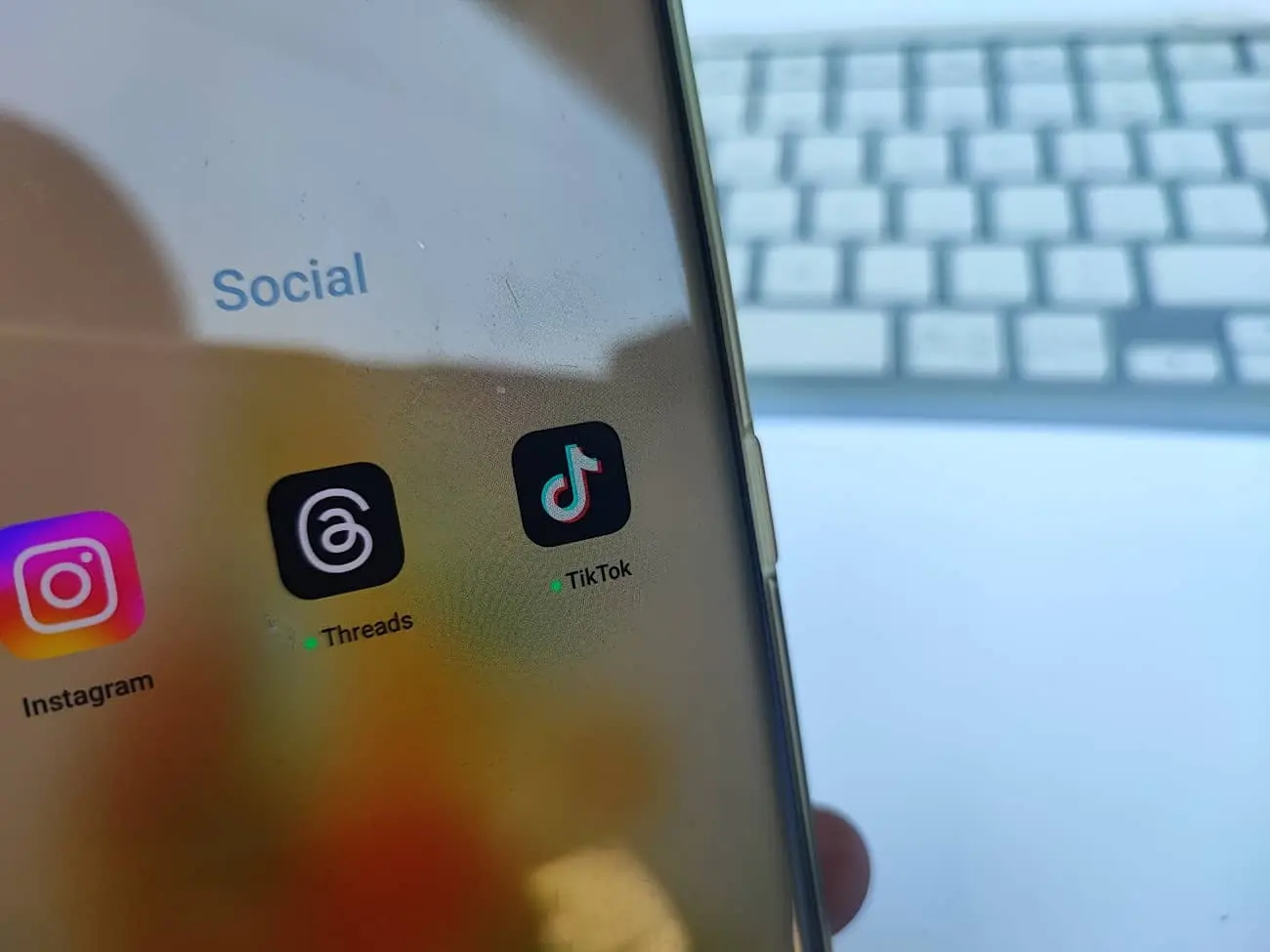Article has been updated to include comments from TikTok
In a meeting with Kenyan president, William Ruto, TikTok’s CEO, Shou Zi Chew, has agreed to open an office in Kenya. According to the Kenyan president, the office in Kenya will be used to coordinate TikTok’s operations in Kenya.
TikTok has been under fire in Kenya recently with the kind of content on its platform. There was a petition submitted to Parliament eight days ago seeking to ban TikTok in Kenya. This was just a submission and does not mean that MPs have a set date to debate it. It remains a significant concern for TikTok, especially given that a recent survey by the Reuters Institute revealed that 54% of Kenyans use the platform. Earlier this morning, ICT CS, Eliud Owalo, reassured users of the platform saying that the government had no plans to ban TikTok in Kenya.
The move by the president to meet with the TikTok CEO mainly touched on content moderation which is one of the key points raised in the petition filed last week. In a statement, the president expressed, ‘Kenya will collaborate with the short-form video hosting service TikTok to review and monitor its content, ensuring adherence to agreed-upon community guidelines and standards. Our commitment is to foster a suitable environment for nurturing our children.’
I reached pout to TikTok for a comment and they said, “Through our ongoing conversations with the Kenyan government explaining our commitment to safety and the many mechanisms, policies and tools keeping the platform safe, we believe we can arrive at a resolution that ensures TikTok continues serving the millions of users in Kenya who have found a home for creative expression on our platform.” It looks like the discussions have just started and nothing is yet to come out of that.. “We are committed to keeping TikTok a safe and positive environment. Content that goes against our Community Guidelines has no place on our platform. At TikTok, we pride ourselves on building a community which is actively contributing to the creative ecosystem globally. We are also proud of our community in Kenya that has excelled in inspiring creativity and bringing joy to the TikTok community through educational and entertaining content,” the statement concluded.
Despite TikTok’s confirmation of its plans for offices in Kenya, it is still unclear when this will happen. We might have to wait a bit longer to have all the details about this. It is also unclear if the office in Kenya will primarily be used for content moderation or if TikTok will have some of its team (marketing, software engineers etc) to Kenya. The latter is what the Kenyan government should hope for as that means high paying and more skilled labor based in Nairobi.
Content moderation on social media platforms poses a challenging issue as some of the moderators tend to be subjected to disturbing content as part of their job. This was actually an issue with Facebook moderators last year, some of whom went ahead to sue the company for that. As a content moderator, you have to watch the content which in some cases may include gruesome murder or bizarre sexual acts involving animals or children. Repetitive exposure to such content can have serious psychological effects on moderators. For TikTok right now, the issue may be mostly explicit content which from my understanding, its systems can pick and block way easier.
Prior to the TikTok meeting, the president had alluded to discussing monetization options for Kenyan creators. However, this topic does not appear to have been addressed, as no mention of it was made. With many young people actively using the platform, monetization should be a pivotal aspect of TikTok’s plans, particularly given its intention to establish offices in Kenya. Right now, content creators can earn on the platform mostly through TikTok gifts that they receive when they go Live on the platform. In other markets (outside Africa) creators earn money on the videos they upload. The amount isn’t that much and creators need millions of views on their videos. This favors frequent uploaders who get millions of views.
TikTok concluded by saying Kenyan creators have access to TikTok series, a new way for creators to share their stories, talents and creativity as premium content. TikTok series videos are behind a paywall and those who want to watch them have to purchase access to the series. A Series can include up to 80 videos, each up to 20 minutes long and creators have the freedom to choose how much to charge for access. I am yet to see a Kenyan content creator using this but TikTok has confirmed to me that this option is available to Kenyans.

